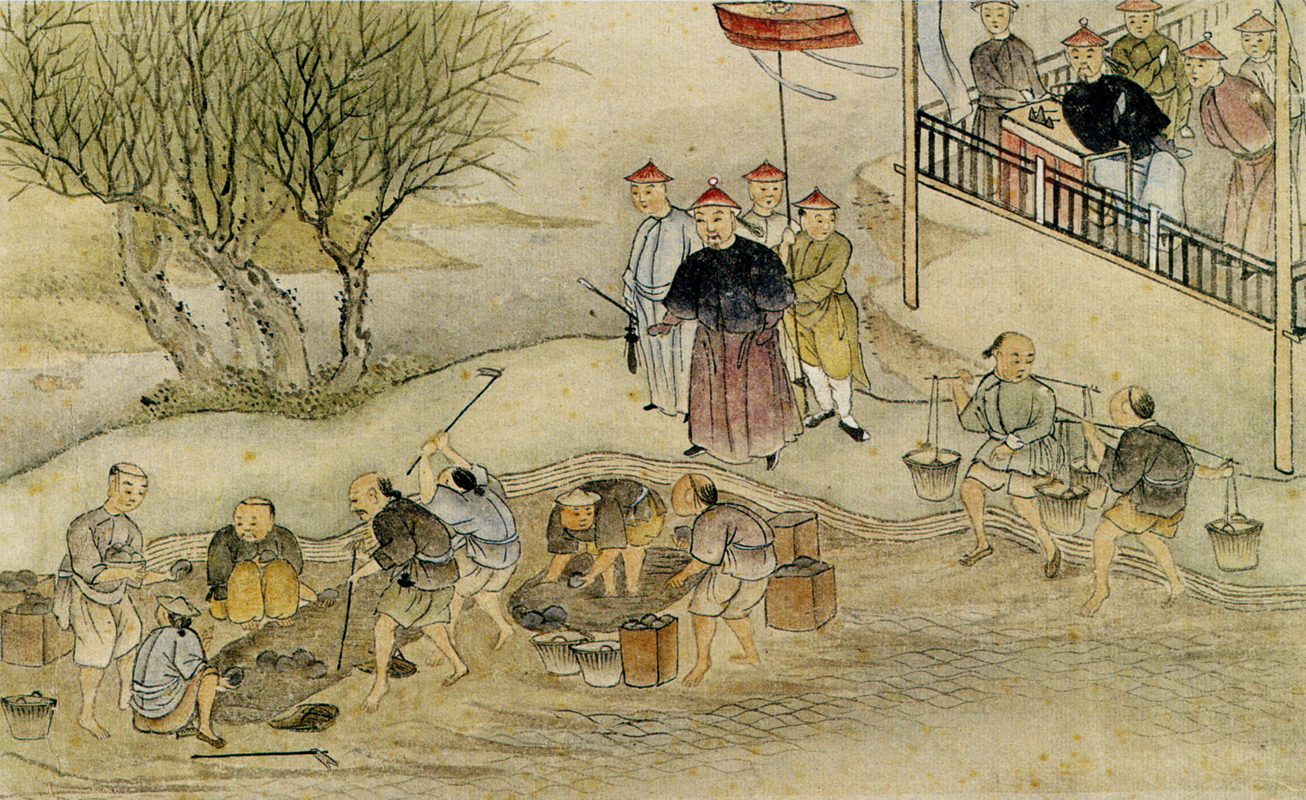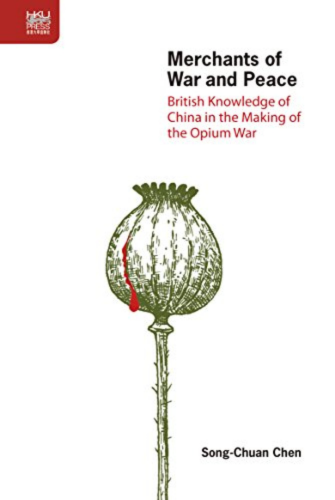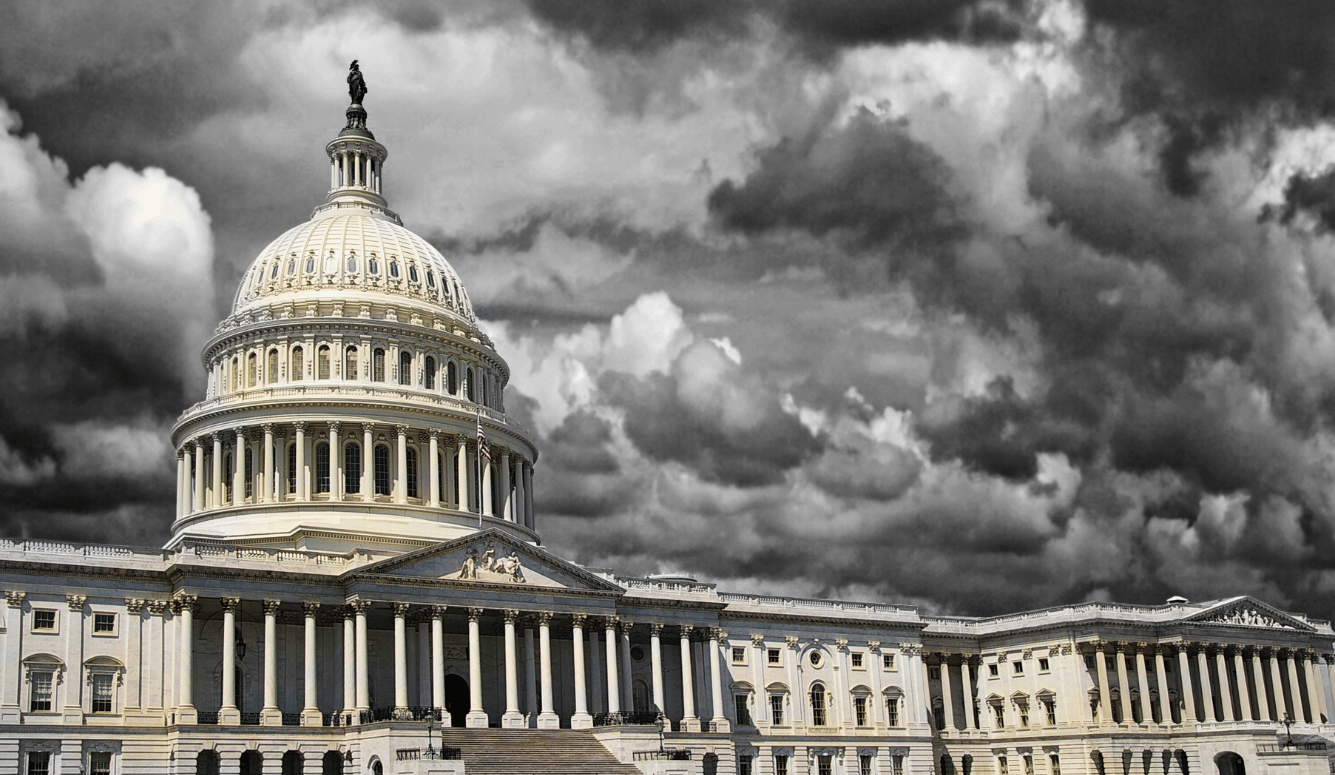History
Did British Merchants Cause the Opium War?
Chen’s portrait of the Opium War places the role of British traders and their lobbying efforts in the foreground

A review of Song-Chuan Chen’s Merchants of War and Peace: British Knowledge of China in the Making of the Opium War, Hong Kong: Hong Kong University Press (January 12, 2017) 240 pages.
The war had a name even before its first shot. The first recorded use of the moniker, the ‘Opium War,’ was in an 1839 piece in the London Morning Herald; within months it would be echoed across the benches of Parliament and across the carronades of the fleet sent to punish the Chinese crackdown on British trade. The war’s nomenclature revealed from the beginning the multivalent views the British public held towards the war: it was at once the “unjust and iniquitous” Opium War — to use Gladstone’s well-known phrase — as well as the patriotic ‘China War,’ as its proponents wanted it to be called. The historiography of the war is similarly divided among varied lines. Some see the war as reflective of China’s failure to catch up to Western technologies; others emphasize the British desire to avenge their slighted national honour as the prime motive for the conflict. A wide array of scholars have placed a central focus on the role of opium, while some prefer to see the war in the context of imperial and economic expansion. Song-Chuan Chen’s Merchants of War and Peace: British Knowledge of China in the Making of the Opium War is a worthy addition to these voices.

Chen’s portrait of the Opium War places the role of British traders and their lobbying efforts in the foreground by arguing that it was British knowledge of China, as transmitted via the merchant class, that contributed to the ‘making’ (in the sense of both manufacture and execution) of the war. Chen asserts that it was the decade-long campaign of bellicose editorials and pamphlets on the part of the Canton merchant intelligentsia, as well as an accumulation of knowledge on the details of China’s coastal defences and overall military strength, that made it possible for Britain to both conceive of and win the war. The book casts, as its main actors, the ‘Warlike Party,’ a group of British merchants in Canton who lobbied for military intervention to expand the Canton System of trade, and the ‘Pacific Party,’ who opposed the war and criticised the diffusion of opium as an illicit and immoral drug. By narrowing his focus towards the production of knowledge, Chen also elevates the importance of language. A chapter of the book is devoted to a summary of the ‘Barbarian’ controversy – the disagreements and narratives spun around the British choice in translating the Chinese character 夷 (Yí) as ‘Barbarian,’ rather than ‘Foreigner.’
Chen’s account is thus of a battle as much between China and Britain as an internal conflict within the British public sphere. Though Chen is careful to nuance his depiction of the war by overlaying the many causal factors detailed by existing scholarship, his book makes two main arguments, which, in the words of the author, are new to the field: firstly, that the decisive factor in the war’s escalation was due to the machinations of the Warlike Party; and secondly, that the Canton System represented a ‘soft border’ through which the British were able to secure intelligence on the Qing state, without a reciprocal exchange of knowledge.
Written in engaging, lucid prose that presents its ideas clearly, if repetitively, Chen’s monograph is studded with riveting selections of his primary source research, drawn from the National Archives, UK, the First Historical Archives of China, the National Palace Museum, the British Library, SOAS Library, and Cambridge’s Jardine & Matheson archive. These quotations are often reproduced at generous length from the Warlike Party’s Canton Register and the Pacific Party’s Canton Press, and they provide a revealing account of the vigorous rhetorical strategies employed by the two camps.
Though the book’s introduction levies an impressive tour d’horizon of the existing historiography on the reader, the successive text infrequently engages with these works. Chen is right to criticize one-dimensional depictions of the Opium War, but by so minutely focussing on the role of lobby groups and by arguing that they were the decisive cause of the conflict, he loses sight of the wider historical canvas. Wars are not waged unilaterally; if he were to be truly convincing in his assertion that knowledge networks were the igniting spark of the war, Chen may have wished to expand his book to include the Chinese perspective. Scholars such as Frank Dikötter, Lars Laaman and Zhou Xun have drawn illustrative portraits of the relationship between the Qing state and Chinese opium culture. Previous scholarship has shown the many factions within the Qing court and amongst Chinese popular opinion regarding the war, as well as the chaotic assembly of China’s military-diplomatic response. An integration of these accounts would bolster Chen’s account of the Opium War’s casus belli.

Chen is prone to a declarative style that encourages dissenting critique: “The Warlike party played its role at every turn. Its wishes, knowledge, initiative, and determination led to the war being waged.” However, Chen himself acknowledges that other political factors were at play: Lord Palmerston only agreed to military intervention after the Whig government of the day was unable to form a majority in parliament without the support of pro-war parliamentarians. John Wong’s 1998 work, Deadly Dreams, uncovers Lord Palmerston’s dependency on revenue procured from the opium trade; other scholars have detailed the extent to which opium was the only thing keeping British balance of payments with China from deficit.
Motivation is a difficult question for historians to answer, being more the domain of psychological guesswork than empirical evidence. Chen’s thesis links the Warlike Party’s rhetorical strategies to Lord Palmerston’s political decisions, but his evidence is relational rather than causal. Here, Chen’s account strays into the marshes of perception, mentalités, and the histoire de la vie privée; approaches that favour more personal documents — diaries, journals — than the newspaper clippings Chen has assembled. A more rigorous theoretical framework that addresses the various problems associated with historical writings on perception would be a helpful addendum to Chen’s introductory chapter. Though Chen cites Jürgen Habermas’ work on the public sphere in passing, he does not dwell on the various theoretical and methodological issues at stake when writing about the ‘maritime public sphere’ — as Chen describes it — in Canton.
Chen’s book, however, is ultimately convincing in the overall thrust of his arguments. The passages in which he compares the detailed plan for war composed by Jardine, Matheson, et alii, to its identical execution during the war provides empirical evidence of the Warlike Party’s influence in the war proceedings. The Warlike Party’s data on everything from Chinese gun placements to troop strength are shown to have been used by the military to secure British victory. Eventually, even the Warlike Party’s suggestions for peace terms and its recommendation for a permanent trading settlement — Hong Kong — were followed.
Chen’s main contribution to the field is to highlight the importance of knowledge networks in Sino-European relations. Particularly thought-provoking is his concept of a ‘soft border’ that gave an unequal distribution of knowledge to European traders. Chen’s emphasis on issues of perception delineates a potential research area that should be explored beyond the usual comparative, literary approaches taken by Chinese and British scholars when analyzing the changing perceptions Europeans had towards the Chinese. With more carefully-laid theoretical groundwork and with further work on primary sources more amenable to analyses of the period’s mentalité, Chen’s thesis may yet be proved.






